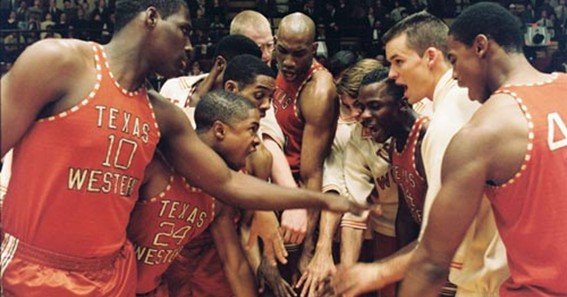When considering why did the director make the movie Glory Road, it’s clear that director Robert Luketic sought to bring a powerful and underrepresented story to the screen. The film “Glory Road” tells the remarkable tale of the 1966 Texas Western Miners, the first college basketball team with an all-black starting lineup to win an NCAA championship.
Luketic’s vision was to celebrate this historic achievement and highlight how sports can challenge societal norms and promote racial integration.
The Vision Behind Glory Road
Robert Luketic was drawn to the story of the Texas Western team because it encapsulates themes of perseverance, equality, and teamwork. In an era when racial segregation was still prevalent in many parts of America, the triumph of an all-black starting lineup was not only a significant sports milestone but also a symbolic victory against injustice.
By making “Glory Road,” Luketic aimed to honor these trailblazers, using the medium of film to spark conversation about race, identity, and the transformative power of sports. The film’s narrative underscores how determination and unity can overcome entrenched barriers, resonating with audiences who continue to grapple with similar issues today.
Moreover, the director recognized that sports stories have a unique way of engaging viewers—combining adrenaline, drama, and emotion. With “Glory Road,” Luketic crafted a film that was not only an entertaining sports drama but also a thoughtful examination of American history, highlighting a pivotal moment when the world of college athletics helped pave the way for social change.
FAQs
-
Q: What is the story behind “Glory Road”?
A: “Glory Road” is based on the true story of the 1966 Texas Western Miners basketball team, which made history by winning the NCAA championship with an all-black starting lineup.
-
Q: Why did the director choose to make this movie?
A: Director Robert Luketic was inspired by the team’s groundbreaking achievement and the broader themes of overcoming racial barriers and promoting unity through sports.
-
Q: How does “Glory Road” address social issues?
A: The film highlights the struggles against racial segregation and celebrates how a unified team challenged the status quo, making a significant impact on both sports and society.
-
Q: Was there a particular message Luketic wanted to convey?
A: Yes, Luketic aimed to show that through determination, teamwork, and courage, individuals can overcome systemic challenges and effect social change—a message that remains relevant today.
-
Q: How has “Glory Road” been received by audiences and critics?
A: The film has been praised for its inspirational narrative, dynamic storytelling, and its thoughtful treatment of racial integration in sports, resonating with a wide audience and sparking discussions about its historical significance.
Conclusion
Understanding why did the director make the movie Glory Road offers insight into Robert Luketic’s commitment to telling a story of perseverance and social change. By focusing on the 1966 Texas Western basketball team, he not only crafted an exciting sports drama but also highlighted a pivotal moment in American history that continues to inspire audiences today.










